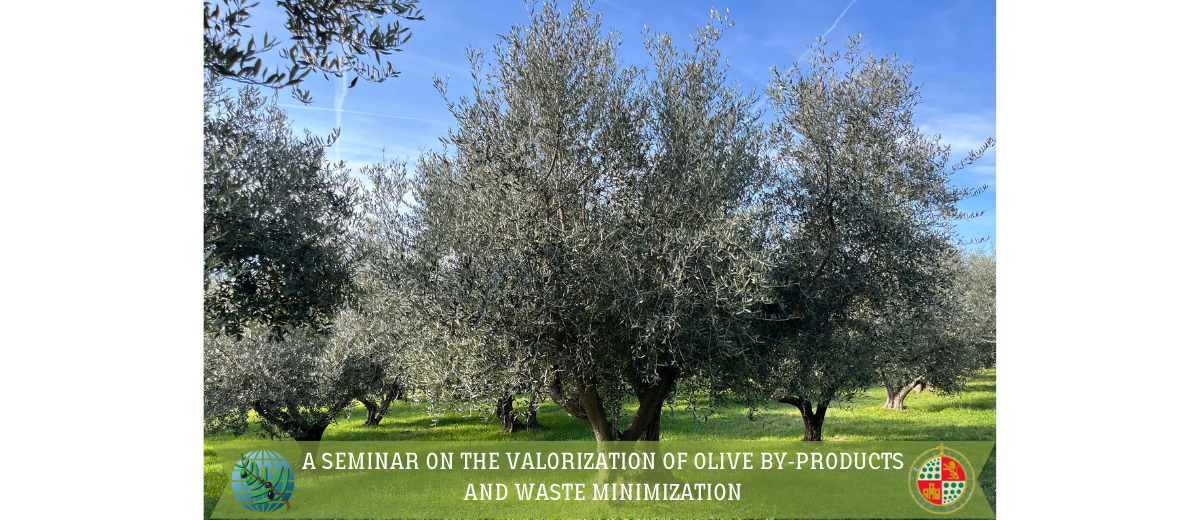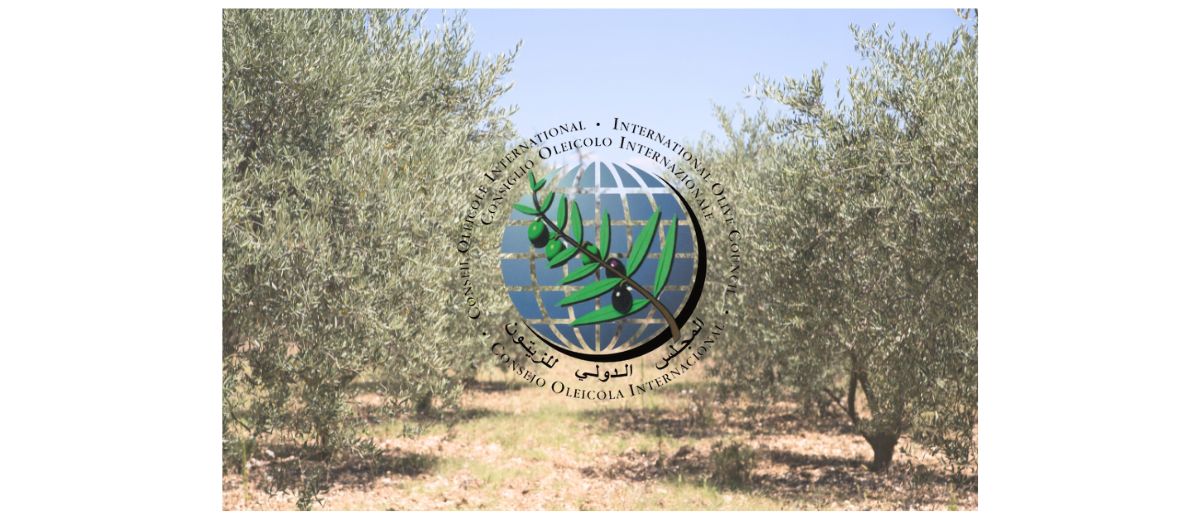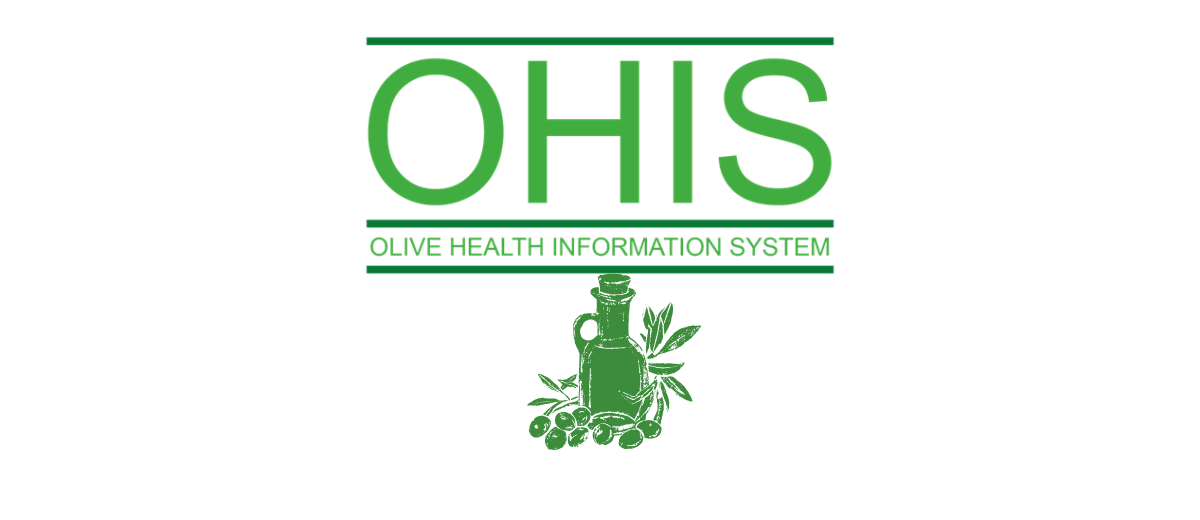Organized jointly with the University of Jaén from 3 to 7 June, 2024
The IOC’s Olive Growing, Olive Oil Technology and Environment Unit is co-organising a seminar with the University of Jaén on the “Sustainable valorization of by-products and waste minimization in the olive industry”. It will be held at the University’s campus in morning and afternoon sessions from Monday 3 to Friday 7 June, 2024, both in-person and online, in English, French and Spanish. The deadline for applying is Friday 12 April, 2024.
It is well known that olive trees are one of the most important crops in the Mediterranean region and beyond, being a fundamental economic and land resource. We live in a time where reducing environmental pollution is one of humanity’s most significant and urgent challenges. In this regard, the olive oil and table olive production chain represents a double-edged blade: it generates by-products, such as pruning waste, wastewater and pomace, which are difficult to manage and are a source of environmental concern while, simultaneously, being a very attractive potential source of income. There is growing interest in the effective and sustainable use of these by-products, making the spreading of knowledge and the dissemination of novel approaches, methods and innovative tools for their management a key item for the olive sector’s agenda.
It is in this context that the IOC and the University of Jaén will sign an operational agreement for the organisation of the aforementioned seminar in June. The course is aimed at technicians from IOC member countries with an interest in environmental governance and the management of the olive production chain. They will acquire in-depth knowledge about an array of topics, including: possible effects of the management and processing of by-products; technologies used for waste treatment and reuse; usage of by-products for energy purposes; treatment of liquid effluents from olive oil mills; physico-chemical processes for reducing toxicity; phenolic compound reduction for their potential use as bioactive compounds in food; applications of olive mill wastewater to soil; and alternative uses of solid wastes as compost for producing low-cost fertilizers.
The forthcoming seminar aligns with the IOC’s extensive initiatives aimed at enhancing the sustainability of the olive sector and disseminating knowledge about the growingly appreciated alternative uses of olive by-products, which could greatly influence the investment returns within the olive sector.
Candidates are encouraged to contact their country’s representatives to the IOC to support their nomination and to fill in the application form available here (ENGLISH, FRENCH, SPANISH). The deadline for applying is Friday 12 April, 2024.









